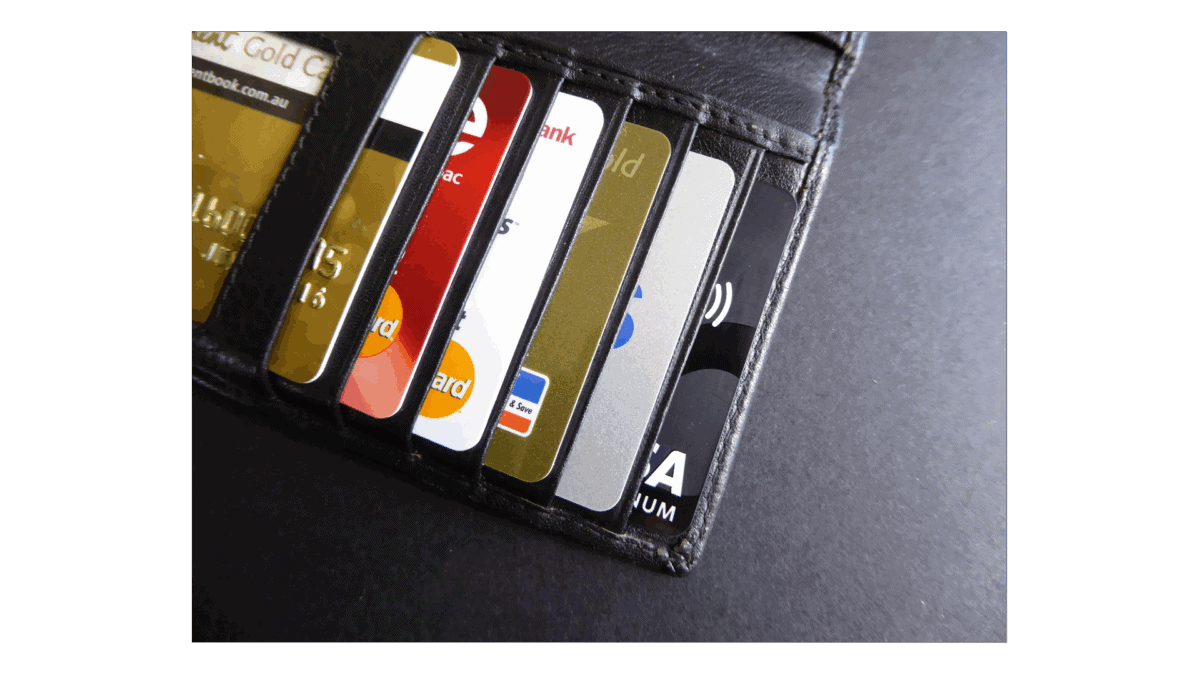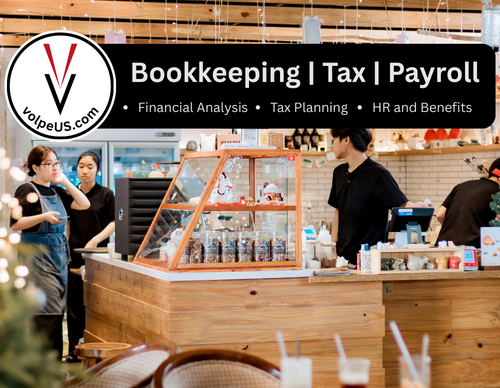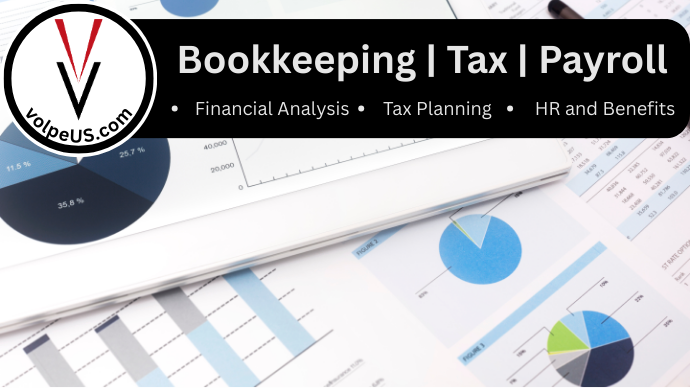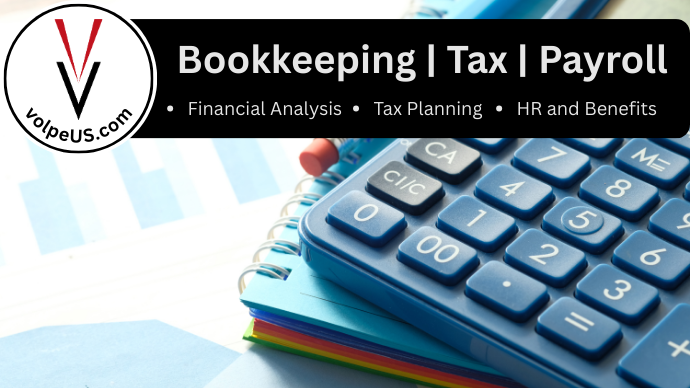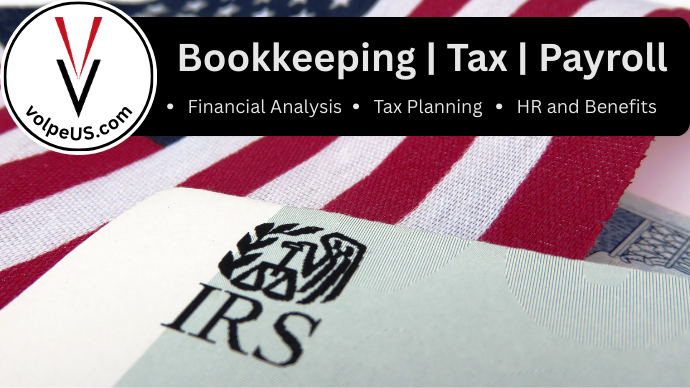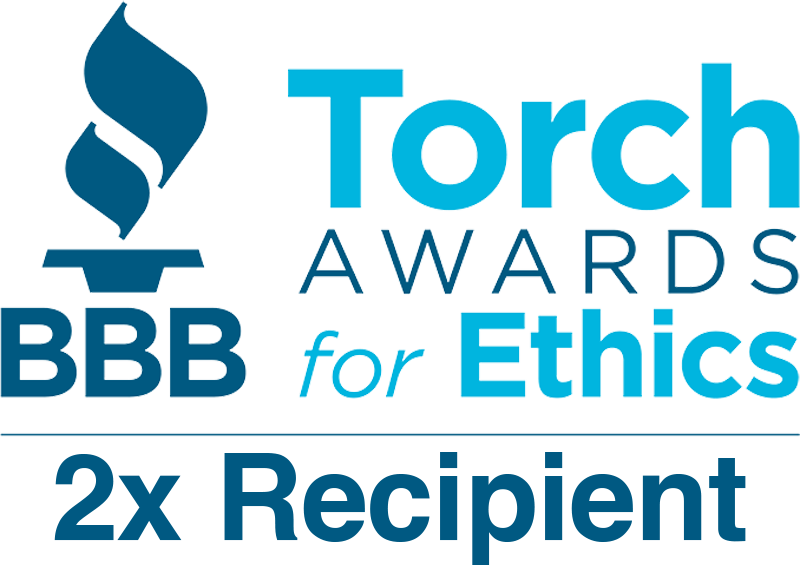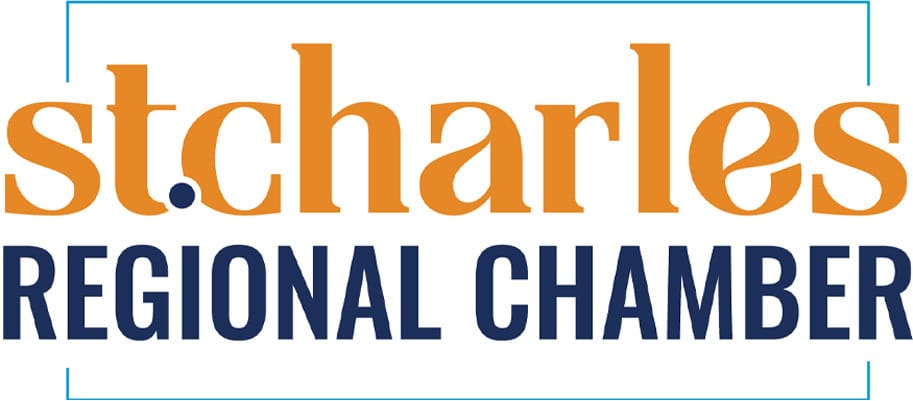Executive Summary: Business credit cards offer superior financial advantages over personal credit cards by optimizing rewards, enhancing security, supporting tax preparation, and building business credit for long-term growth.
Key Topics:
- Separation of finances – Prevents commingling, simplifies audits, and maintains liability protections.
- Business-optimized rewards – Cash back and perks aligned with business spending.
- Expense management – Employee oversight, budgeting tools, and accounting integrations.
- Building business credit – Essential for financing, vendor terms, and insurance.
- Introductory offers – Valuable incentives for business expenditures.
- Higher credit limits – Supports cash flow and stability.
- Tax preparation benefits – Categorized spending, reporting, and deductions.
- Enhanced security – Fraud protection and real-time monitoring.
- Cash flow management – Bridges revenue gaps and optimizes repayment.
- Professional credibility – Strengthens financial trust with banks and vendors.
One of the most frequent questions small business owners ask is, “Can I use a personal credit card for business expenses?” While technically feasible, this practice is strongly discouraged. Though it may appear convenient to use one card for both personal and business transactions, doing so introduces financial, tax, and organizational challenges. Business credit cards are specifically designed to support company operations, offering reward programs tailored to business expenditures rather than personal perks.
This article examines the advantages of business credit cards over personal ones from an accounting and financial management perspective. It also explores how an optimized rewards program can legally enhance a business’s profitability.
Jump to a Specific Section
1. Clear Separation of Business and Personal Finances
The fundamental accounting principle: maintain distinct business and personal finances. Using a personal card for business purchases increases the likelihood of commingling funds, complicating bookkeeping and jeopardizing liability protections, especially for LLCs and corporations.
Advantages of business credit card usage:
- Establish a well-organized audit trail for all transactions.
- Enables accountants to reconcile records with greater efficiency and accuracy.
- Reduces the risk of misreporting income or business deductions during tax filings.
- Preserves the company’s legal and structural integrity in cases of litigation or IRS audits.
Consider the complications of a tax audit when business and personal transactions are mixed. Sorting ambiguous expenses to justify deductions or verify business intent can result in lost deductions, penalties, and wasted time. A dedicated business credit card mitigates this risk.
2. Rewards Optimized for Business Expenses
While personal credit cards primarily offer rewards for groceries, gas, dining, and travel, business credit cards are structured to benefit business spending categories, such as:
- Office supplies and digital tools
- SaaS subscriptions and cloud services
- Telecommunications (internet and mobile)
- Marketing and advertising, particularly digital campaigns
- Business travel, client entertainment, and logistics
This targeted approach yields meaningful financial benefits. For example, a company that allocates $3,000 per month to digital advertising with a business credit card offering 3% cash back can accrue $1,080 in annual savings—profits not realized with personal credit cards lacking business-aligned rewards.
3. Expense Management and Employee Oversight
Business credit cards provide advanced management tools unavailable in most personal cards, such as:
- Issuing employee cards with customizable spending limits
- Real-time transaction tracking and expense categorization
- Direct integration with accounting platforms like QuickBooks, Xero, and NetSuite
These features improve financial accuracy, streamline reconciliations, reduce manual errors, and aid in budget tracking. Employee-issued cards also enhance accountability by offering clear documentation of expenditures—essential for maintaining internal financial controls.
4. Establishing Business Credit
Personal credit cards do not contribute to business credit, which is distinct and impacts:
- Loan approvals
- Credit line increases
- Vendor payment terms
- Business insurance rates
Business credit cards report to commercial credit bureaus such as Dun & Bradstreet, Experian Business, and Equifax Business. Responsible usage builds business creditworthiness—an essential factor for future financing. Conversely, using personal credit increases utilization rates and may negatively affect personal credit scores.
5. Attractive Introductory Offers and Bonuses
Business credit cards frequently offer compelling sign-up incentives designed for higher business expenditures. These may include:
- Cash bonuses of $500–$1,000 upon meeting spending thresholds
- Tens of thousands of bonus points, redeemable for travel or statement credits
- 0% APR introductory periods, advantageous for short-term financing
Strategically aligning these bonuses with significant expenses—such as inventory purchases, technology upgrades, or marketing campaigns—provides tangible financial advantages that personal cards seldom match.
6. Higher Credit Limits
Business credit cards generally offer higher credit limits, supporting:
- Smoother cash flow management amid delayed client payments
- Large-scale purchases without maxing out available credit
- Lower credit utilization ratios, enhancing financial stability
From an accounting perspective, high utilization rates can signal risk to lenders and investors. Higher limits on business cards provide financial flexibility, mitigating such concerns.
7. Improved Tax Preparation Through Organized Records
Efficient tax management hinges on organized financial records. Business credit cards contribute to this process by:
- Auto-categorizing transactions within business-specific spending groups
- Offering detailed year-end spending summaries
- Enabling custom reporting and expense tracking
These features streamline tax preparation, allowing accountants to maximize deductions and minimize errors. Relying on personal cards increases the likelihood of overlooking deductible expenses, especially when transactions are buried within personal purchases.
8. Enhanced Security Features
Financial security is paramount, and business credit cards typically provide superior fraud protection tools, including:
- Real-time alerts for suspicious transactions
- Zero liability for unauthorized charges
- Instant card locking and cancellation options
- Priority fraud resolution via dedicated business support lines
When multiple employees have access to company funds, security becomes an even greater priority. Business credit cards offer essential safeguards to mitigate risks and expedite fraud responses.
9. Streamlined Cash Flow Management
For small businesses, maintaining healthy cash flow is critical to sustaining operations and funding growth. Business credit cards provide a financial buffer, ensuring access to funds when revenue timing is unpredictable. Key benefits include:
- Bridging gaps in receivables – When clients delay payments, a business credit card allows essential expenses like payroll, inventory replenishment, and utilities to continue without disruption.
- Flexible repayment options – Many business cards offer extended billing cycles or interest-free financing for short-term purchases, helping business owners optimize payment timing.
- Predictable monthly statements – A dedicated business card consolidates expenses, allowing entrepreneurs to monitor spending trends and anticipate financial needs more effectively.
By leveraging a business credit card strategically, small businesses can manage working capital more efficiently while avoiding unnecessary strain on liquid cash reserves.
10. Professional Credibility and Business Growth
Using a business credit card signals legitimacy to vendors, banks, and potential investors, reinforcing a business’s commitment to professional financial management. Advantages include:
- Establishing credibility with suppliers and lenders – Consistent business credit usage builds financial trust, leading to better payment terms and financing opportunities.
- Supporting long-term expansion goals – As a business grows, its financial needs evolve. A strong credit profile developed through responsible card usage makes securing business loans or credit lines easier.
- Enhancing vendor relationships – Many suppliers offer discounts or exclusive perks to businesses using corporate payment solutions, making business credit cards a valuable tool for securing favorable terms.
Final Thoughts: Think Like a CFO
Opting for a business credit card is not merely a convenience, it is a critical step in establishing professional financial infrastructure and operational efficiency. It signals a commitment to running a scalable, growth-focused enterprise rather than a casual side venture.
Beyond earning rewards points, key benefits include:
- More precise bookkeeping
- Simplified tax filing
- Improved cash flow visibility
- Stronger business credit profile
- Scalable financial systems
To maximize these advantages, businesses should evaluate spending patterns and select a card that aligns with their primary expense categories. A well-chosen business credit card is not just a payment tool but a financial asset supporting long-term success.
If there’s a pain point within your operation that you’d like to discuss, we’re here. We’d appreciate the opportunity to look into it with you and hopefully provide some insight as to how you can move forward. For more information, or to just put a few faces to the name,
Disclaimer: The content on this blog is for informational, educational, and occasional entertainment purposes only. It should not be construed as legal, tax, or financial advice.

